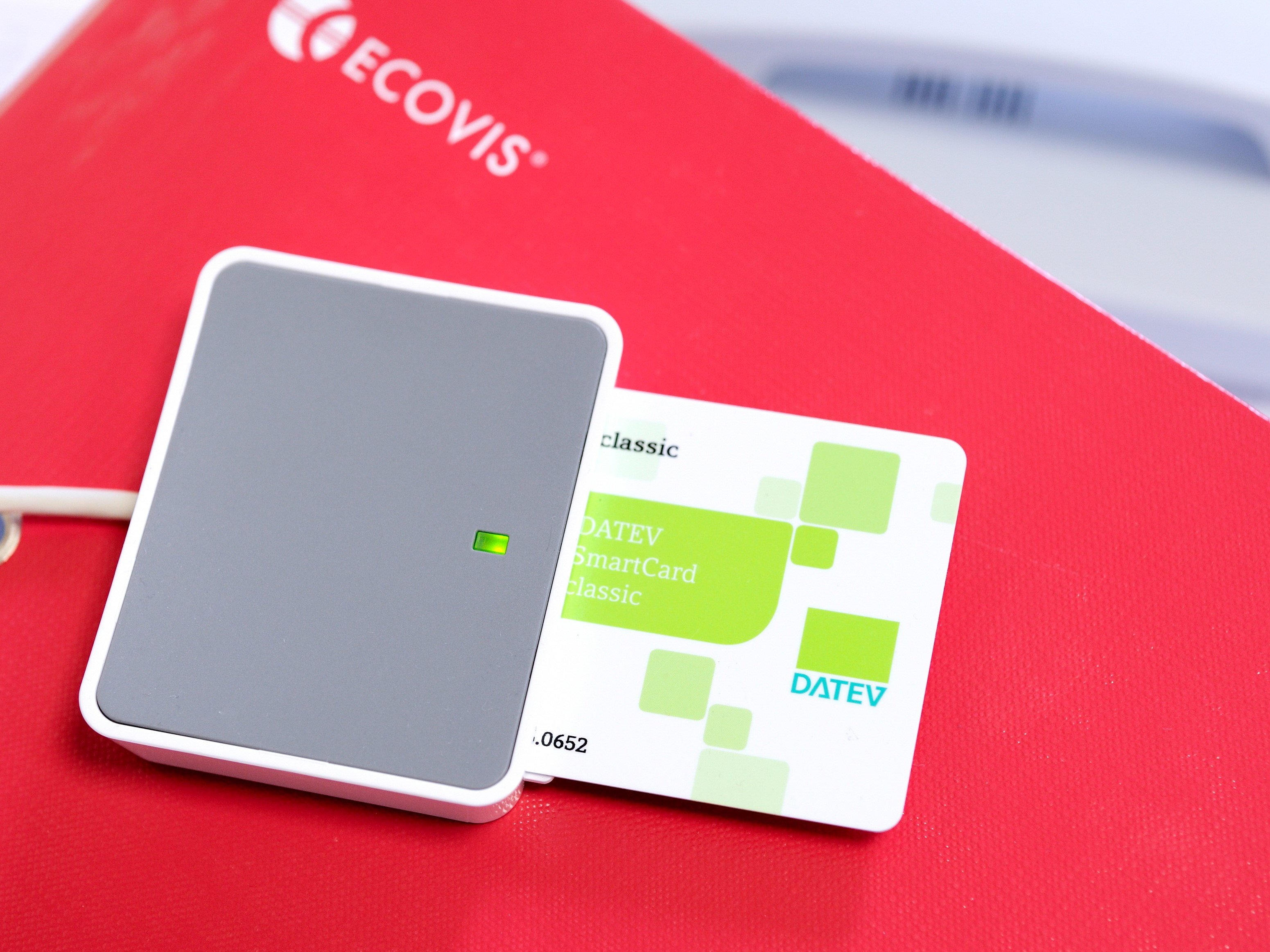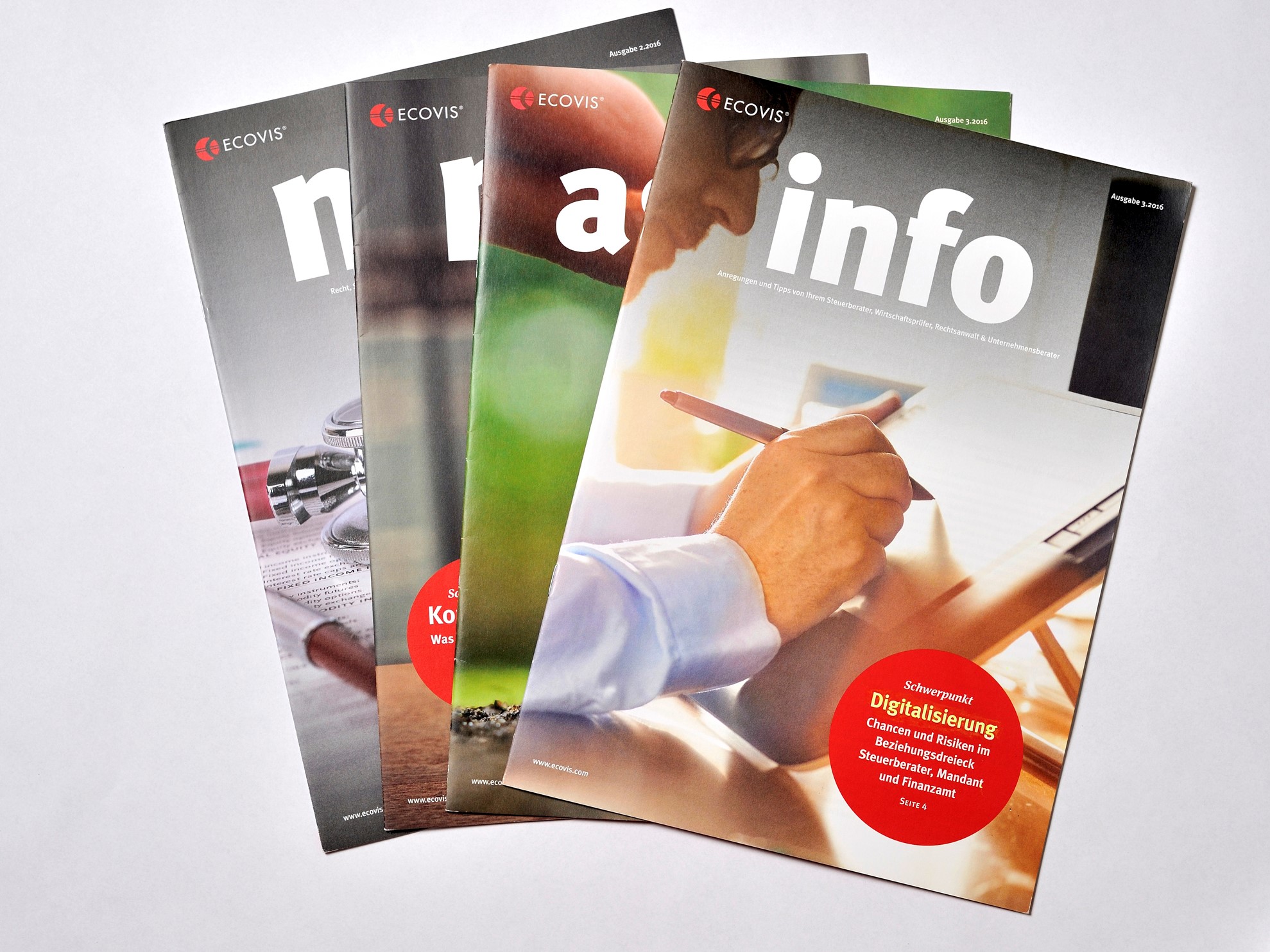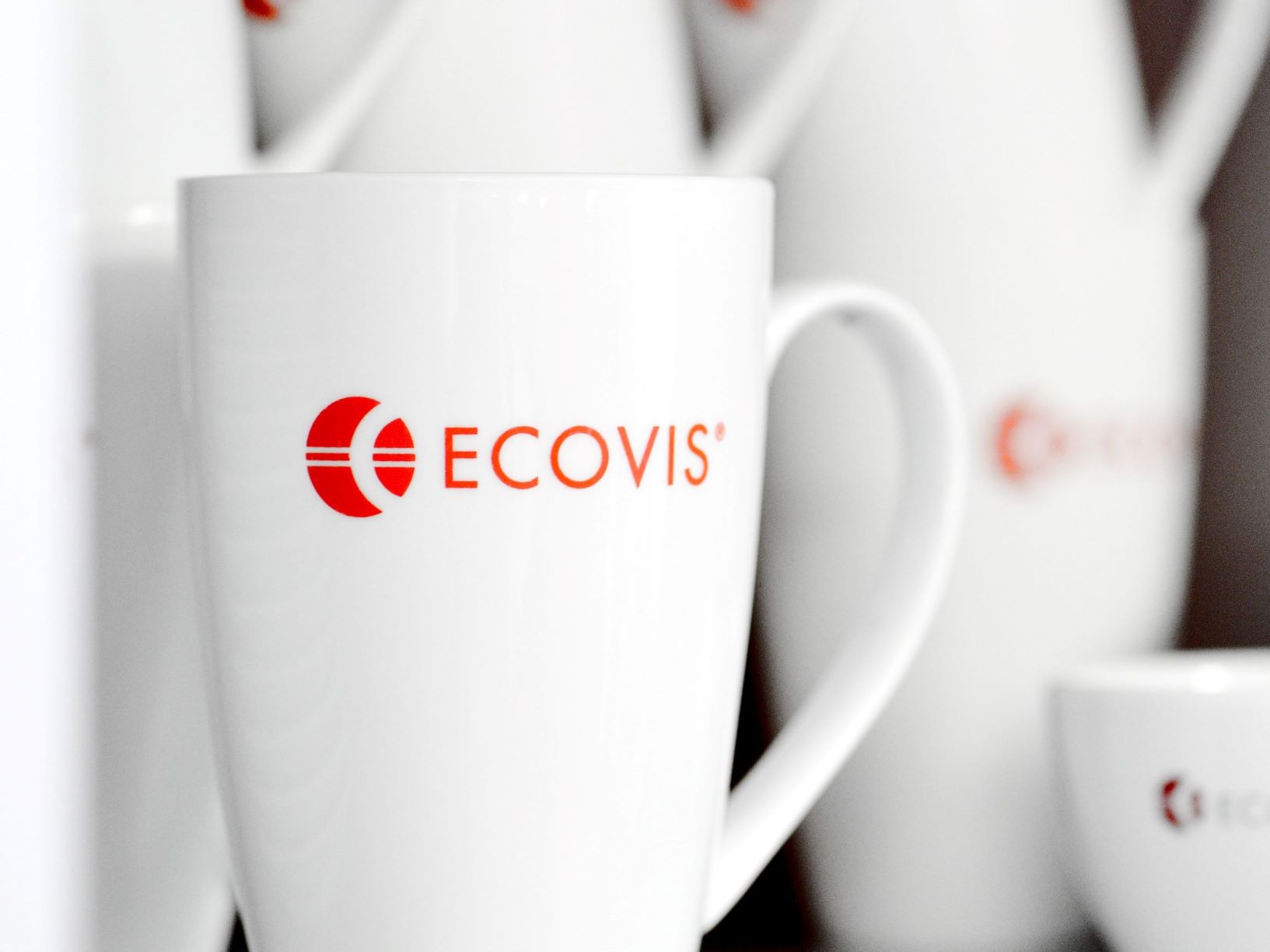Distribution of profit and own resources of Czech companies
The ordinary financial statements are, according to the Czech Supreme Court's current conclusions, "usable" for the distribution of profits even after the deadline by which it should be discussed by the general meeting
1. Legislation and general conditions for distribution of profit of Czech companies
The conditions for distributing profits in a Czech commercial corporation are governed by the Czech Act No. 90/2012 Coll., on Business Corporations (the Czech Business Corporation Act). The conditions necessary for the proper decision of the General Meeting and the statutory body on the payment of the profit share in the Czech companies are:
(i) the existence of ordinary or extraordinary financial statements on the basis of which a profit share may be determined under Section 34 (1) of the Czech Business Corporation Act;
(ii) approval by the General Meeting of ordinary or extraordinary financial statements for the previous accounting period;
(iii) the non-existence of bankruptcy conditions and compliance with the below mentioned insolvency test pursuant to Section 40 (1) of the Czech Business Corporation Act,
(iv) compliance with the so-called balance sheet test pursuant to Section 161 (4) of the Czech Business Corporation Act for a limited liability company ("the amount to be distributed among the shareholders may not exceed the profit / loss of the last accounting period increased by retained earnings from previous periods and reduced by losses from previous periods and allocations to reserve and other funds in accordance with this Act and the social contract") or Section 350 of the Czech Business Corporation Act for joint stock company ("The company may not distribute profit or other own resources to shareholders if at the end of the last financial year, the equity resulting from ordinary or extraordinary financial statements or equity after that distribution shall be reduced below the subscribed capital plus funds which cannot be distributed to shareholders under this Act or the Articles of Association. economic the result of the last completed financial year, plus retained earnings from previous periods, less losses from previous periods, and allocations to reserve and other funds in accordance with this Act and the Statutes."), and
(iv) non-recognition of development costs in balance sheet assets; only if the conditions pursuant to Section 28 (7) of Czech Act No. 563/1991 Coll. on Accounting as amended.
The Czech Business Corporation Act does not contain an explicit legal regulation of the deadline for the decision on the distribution of profit, however, Section 181 (2) of the Czech Business Corporation Act stipulates for a limited liability company, respectively Section 403 (1) zech Business Corporation Actfor a joint-stock company, that the general meeting will discuss the general meeting no later than six months after the last day of the previous accounting period.
In addition to the above-mentioned requirements, the insolvency test provided for in Section 40 (1) of the Czech Business Corporation Act must be carried out before the distribution of profits. As a result, it constitutes a restriction on the payment of profits and funds from other own resources (and advances to them) and prohibits making a payment if the Czech company thereby bankrupts and thereby damages its creditors. Other own resources include equity items outside profit and share capital, in particular share premium, capital funds and share capital reduction. Even if the General Meeting decides on the payment of the profit, it may not be paid by the statutory body if it violates this obligation. The statutory body, whose members are obliged to act with due diligence in the performance of their duties, are responsible for complying with this restriction.
2. No profit distribution and reasons
The right to distribute profits made in a business corporation is one of the main rights of shareholders / shareholders. If a company generates a profit, the general meeting may decide on its non-distribution among the shareholders only for important reasons, and only if it respects the abuse of most votes. Important considerations include, for example, articles / statute provisions stipulating that part of the profit is to be distributed among the members of the statutory bodies of the Czech company, its employees, or allocated to the fund established under the foundation deed. However, the remaining part of the profit, which will not be used in accordance with the rules set out in the social contract / statutes, may not be paid to the shareholders. However, this can only be done once again for important reasons, such as the economic situation of the Czech company or the anticipated future costs that require the creation of appropriate reserves. In the case of joint-stock company, these reasons must be stated in the invitation to the general meeting.
3. Development of conditions of distribution of profit in Czech case law
The Czech Commercial Code, which has been replaced by the Czech Business Corporations Act, did not explicitly set a deadline for deciding on the distribution and payment of profit shares. In practice, the generally accepted conclusion that it should be within 6 months of the end of the accounting period resulted from the judgment of Supreme Court file No. 29 Cdo 4284/2007 . The Czech Supreme Court has argued, among other arguments, that the financial statements older than 6 months are not up-to-date to provide a real up-to-date picture of accounting for making a profit-share decision.
However, in practice, the above-mentioned judgment was criticized as impractical and with regard to the amended legislation in Czech Business Corporation Act, new interpretations appeared (eg in the 2nd edition of the commentary on the Czech Business Corporation Act, where co-authors are also Supreme Court judges) and the previous jurisprudence was no longer generally accepted. Although the Czech Business Corporation Act did not stipulate a deadline for the decision on the payment of profit in the Czech Business Corporations Act, it explicitly provided for an insolvency test in Section 40 (1) of the Czech Business Corporation Act as compared to the original regulation. This provision is considered important in order to prevent the payment of profit shares to the detriment of the creditors of the company, even if a longer period of time has expired since the end of the accounting period. Moreover, from an accounting point of view, the 6-month limit for the timeliness of financial statements makes no sense. If there is no material change in the Czech company, the earlier financial statements may be up to date and provide a realistic picture after that period. Conversely, major events prior to the expiry of the 6-month period may lead to outdated accounts.
On March 27, 2019, the Czech Supreme Court issued a new judgment under file no. 27 Cdo 3885/2017 , within which, among other things, he dealt with the conditions for the distribution of profit in a joint stock company under the validity of Czech Business Corporation Act. First of all, it agreed to the "usability" of the regular financial statements for profit distribution even after the deadline by which the regular financial statements should be discussed by the general meeting (Section 403 (1) ZOK) and explained that with effect from 1 January 2014 the ordinary financial statements prepared for the previous accounting period may serve as a basis for the decision of the General Meeting on the distribution of the Czech company's profit until the end of the following accounting period.
The reason for this conclusion is, unlike the previous regulation, the explicit regulation of the so-called insolvency test, the application of which should in itself be sufficient to achieve the objective pursued by the now obsolete case law. This was, among other things, an effort to prevent company resources from being diverted to the detriment of its creditors.
The ruling of the Czech Supreme Court opens the way to a number of ways to deal with the profit of a capital company. At the same time, it entails relatively high demands on the statutory bodies of these companies. Failure to comply with the rules on payment of profits should be regarded as a breach of due diligence.
Currently, the Chamber of Deputies, is discussing an amendment to the Czech Business Corporation Act under the file No. 207/0 , which confirms the position of the Czech Supreme Court. You can also read more about this new draft amendment of the Czech Business Corporation Act in our article <
The Significant Amendment of the Business Corporations Act in the Czech Republic. Newly, § 34 and § 35 of the ZOK should read as follows:
㤠34
Profit share and other own resources
(1) The profit share and other own funds shall be determined on the basis of ordinary or extraordinary financial statements approved by the supreme body of the commercial corporation. Based on the financial statements referred to in the first sentence, the profit and other own funds may be distributed by the end of the reporting period following the reporting period for which the financial statements have been prepared. Profit and other own resources can only be distributed among shareholders, unless otherwise specified in the contract.
(2) The amount to be distributed may not exceed, in a capital company or cooperative, the sum of the economic outturn of the last financial year ended, the profit of previous years and other funds that the capital company or cooperative may use at its discretion, reduced by allocations to reserve and other funds in accordance with with the law and the social contract. The decision of the supreme body made contrary to the first sentence has no legal effect. Funds whose creation, modification or termination are governed by a legal regulation or a social contract in a manner that does not allow their distribution cannot be used for distribution.
(3) The statutory body decides on the payment of the share in profit and on other own resources. If the distribution is against the law, profit sharing or other own resources will not be paid. It is believed that those members of the statutory body who agreed to the disbursement did not act with due diligence.
(4) The share of profit and other own resources shall be payable within 3 months of the date on which the decision of the Company's Supreme Body on its distribution is taken, unless the law, social contract or supreme body determines otherwise.
(5) The provisions of this Act on the distribution and payment of other own resources shall not be used to reduce share capital.
§ 35
Advance on profit share
(1) A profit-sharing advance may only be paid on the basis of interim financial statements indicating that the corporation has sufficient resources to distribute profit. The sum of profit-sharing advances may not be higher than the sum of the current year's profit / loss, previous year's profit and other profit-making funds that the corporation may use at its discretion, less any allocations to reserve and other funds in accordance with with the law and the social contract. At the same time, the sum of the profit share advances cannot be more than half the average of the financial results achieved in the last three accounting periods.
(2) A profit-sharing advance shall be repaid within 3 months of the date on which the ordinary or extraordinary accounts have been or should have been approved, unless the amount of the profit to be distributed resulting from the ordinary or extraordinary accounts reaches at least the sum of the advances on the share of the profits paid in law, and the Supreme Authority has decided to allocate this amount.
For more information, contact us at:
JUDr. Mojmír Ježek, Ph.D.
ECOVIS ježek, advokátní kancelář s.r.o.
Betlémské nám. 6
110 00 Praha 1
e-mail: mojmir.jezek@ecovislegal.cz
www.ecovislegal.cz
About ECOVIS ježek advokátní kancelář s.r.o.
The Czech law office in Prague ECOVIS ježek practices mainly in the area of Czech commercial law, Czech real estate law, representation at Czech courts, administrative bodies and arbitration courts, as well as Czech finance and banking law, and provides full-fledged advice in all areas, making it a suitable alternative for clients of international law offices. The international dimension of the Czech legal services provided is ensured through past experience and through co-operation with leading legal offices in most European countries, the US, and other jurisdictions. The Czech lawyers of the ECOVIS ježek team have many years of experience from leading international law offices and tax companies, in providing legal advice to multinational corporations, large Czech companies, but also to medium-sized companies and individual clients. For more information, go to www.ecovislegal.cz/en.
The information contained on this website is a legal advertisement. Do not consider anything on this website as legal advice and nothing on this website is an advocate-client relationship. Before discussing anything about what you read on these pages, arrange a legal consultation with us. Past results are not a guarantee of future results, and previous results do not indicate or predict future results. Each case is different and must be judged according to its own circumstances.














